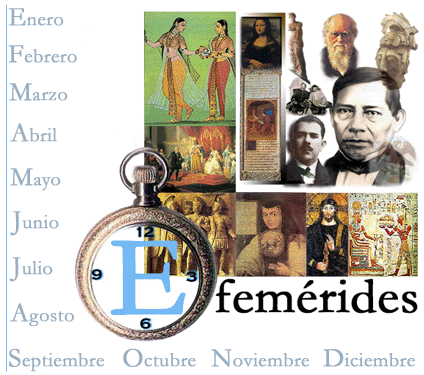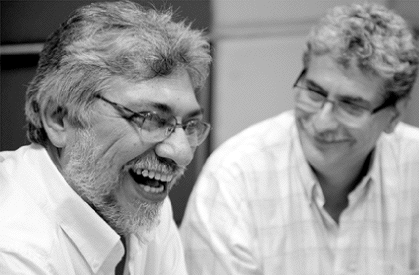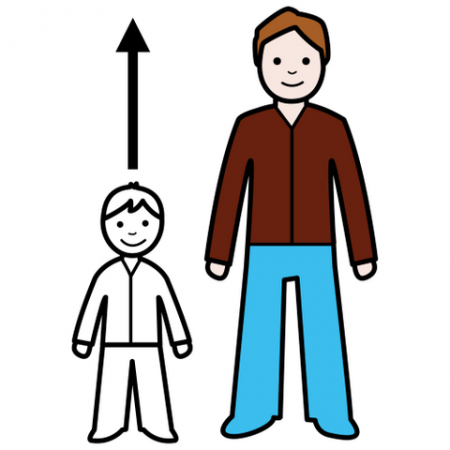 In some way, we all agree on the need for a correct distribution of goods in society, since we consider it unfair that some have an excess while others are in a situation of poverty. This idea of the adequate distribution of goods is what inspires the concept of distributive justice.
In some way, we all agree on the need for a correct distribution of goods in society, since we consider it unfair that some have an excess while others are in a situation of poverty. This idea of the adequate distribution of goods is what inspires the concept of distributive justice.
The fundamental idea of distributive justice according to John Rawls
Distributive justice is based on a general aspiration, social justice. One of the greatest theoretical exponents of the concept of distributive justice is the American philosopher John Rawls, who has developed a theory of justice.
According to Rawls, justice is the fundamental virtue of a society
This means that without a desire for justice, social institutions weaken. The desire for justice is due to the rejection of individualistic and selfish attitudes, since in a society with these generalized behaviors, a profound global imbalance would occur and, therefore, injustice would prevail. Rawls argues that social non-cooperation produces a limited amount of resources, but a system of cooperation causes resources to increase significantly. Consequently, for Rawls the fundamental question is how the fruits of cooperation should be distributed among men, that is, how the rights and obligations of individuals should be understood. In other words, how the burdens and benefits that each one will obtain as a result of their cooperation should be distributed. Their proposals are as follows:
- There must be a social contract that acts as a tool to make a society fairer.
- The contract or social pact must be based on the consensus of the citizens.
- The contract or social pact must be governed by the concept of impartiality and free agreement.
 Rawls's idea of fairness as the foundation of distributive justice
Rawls's idea of fairness as the foundation of distributive justice
Let's imagine that the society consisted of 8 people and that all of them came together to create a model of justice. Suppose that after deliberating among themselves they came to the conclusion that it is necessary to implement a slave system. His decision would be consensual but it would be unfair because slavery is by definition something undesirable
According to Rawls, to prevent these people from proposing something unjust, it is necessary that they start from a deliberation without prejudice and without particular interests, what Rawls calls the "veil of ignorance", which comes to say that none of the eight members of society knows what their role is or what their particular interests are. Thus, if the deliberation between the eight people occurs with "the veil of ignorance" their initial position will be impartial and, consequently, more just. This reflection reminds us that the symbol of justice is that of a woman with a blindfold.
Rawls recognizes that it is not easy to intellectually suppress social prejudices and private interests, but it is a necessary tool to create a rational choice about what justice should be. Rawls argues that for this to be possible it is necessary to apply three principles, that of freedom, that of difference and that of equal opportunities. This implies that individual freedom must be an essential aspect for a fair society, socioeconomic inequalities are acceptable as long as it allows an improvement in the living conditions of all individuals. Lastly, it will be possible to speak of justice if there is an effective criterion that respects equal opportunities for all individuals.
Photos: iStock - franckreporter / Onur Döngel









